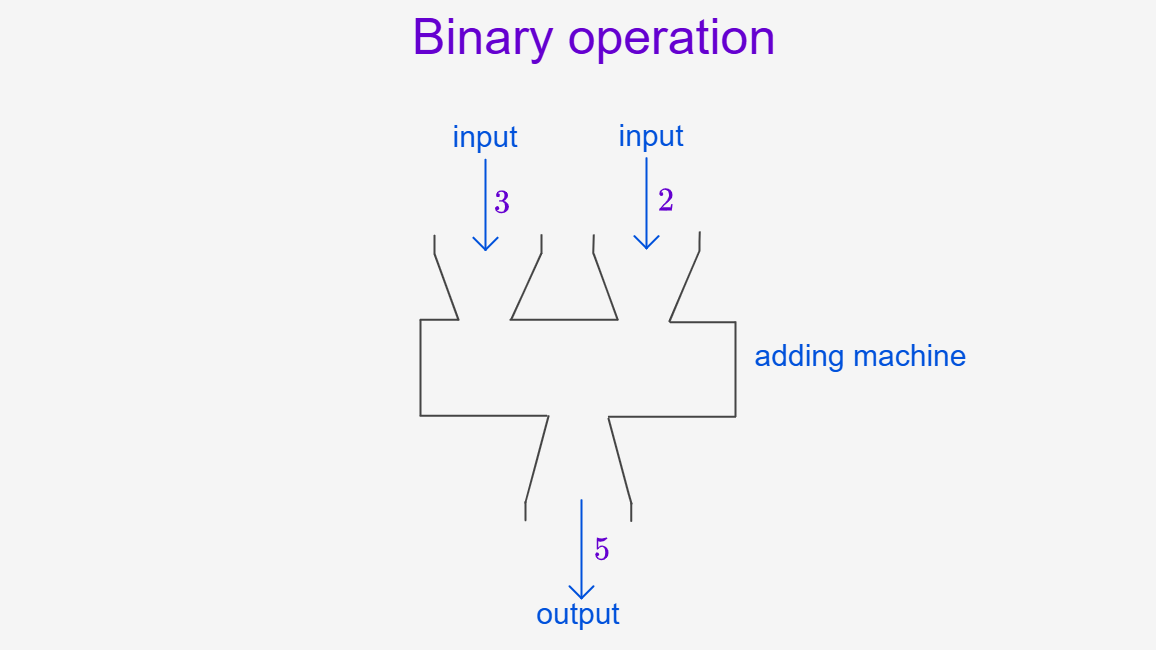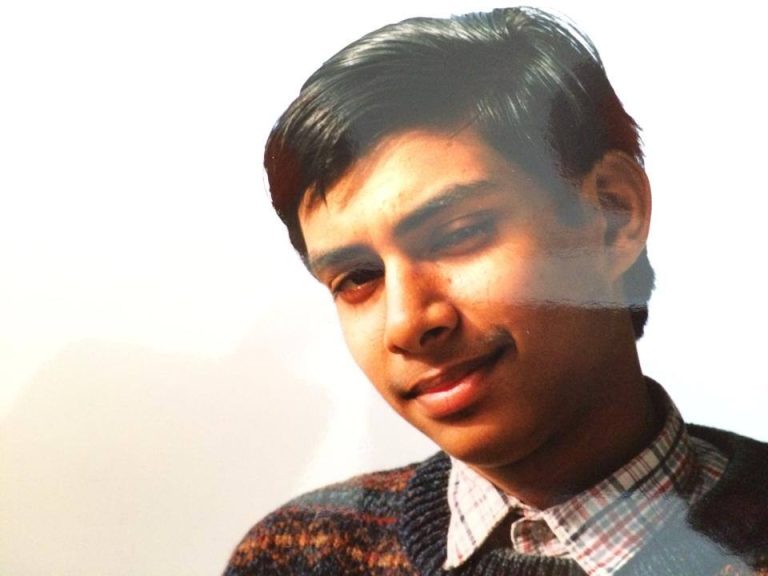Unary and Binary Operations: The Hidden Architecture Beneath Every Maths Calculation
BIDMAS is a lie. And pupils deserves better.It’s not real mathematics, it is a trick masquerading as understanding.Most children are taught to follow it blindly, without ever learning what an operation truly is.Unary. Binary. This is the hidden architecture of calculation — in primary, secondary, and beyond.And it changes everything once seen. But first, an…

